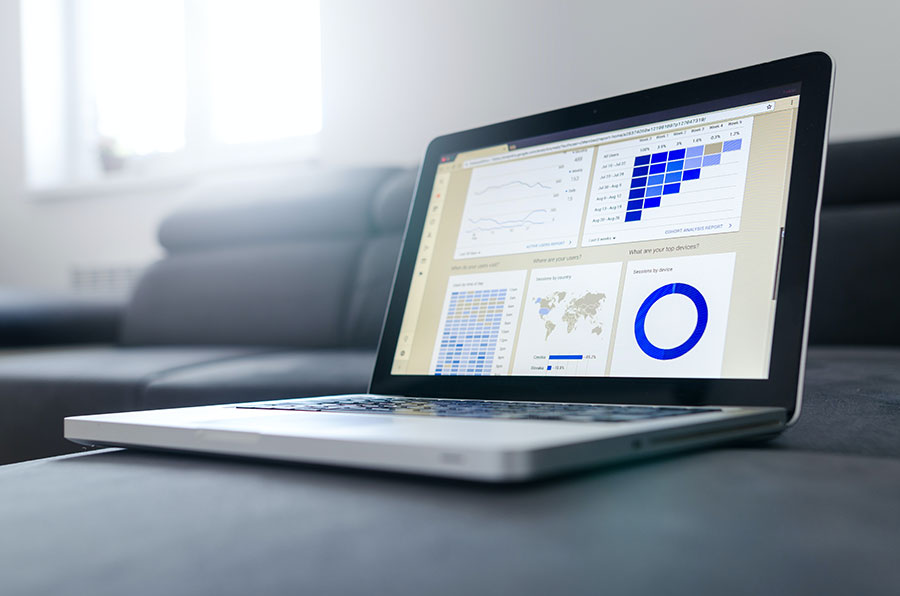Businesses are always looking for ways in which they can optimise processes and improve efficiency. There are numerous methods that can be used to achieve this, from integrating a service desk to outsourcing certain duties.
An increasingly popular strategy used by businesses to improve efficiency is analytics. Let’s take a closer look at what this strategy involves and discuss the range of incredible benefits and opportunities it can offer.
What is Analytics?
Analytics is a term used to refer to the process of data analytics. Data is an incredibly important part of modern business, and it has only become more integral as data collection and analytical technology have improved.
Analytics is a process that involves collecting and analyzing vast streams of data. By spotting patterns and trends, businesses can assess past performance and make accurate future predictions. Armed with this info, they can avoid repeating the mistakes of the past and can adjust strategies for improved results as they move forward.
Let’s take a look in more detail at the kind of benefits analytics can offer businesses and how the process can help boost efficiency.
Optimising Operations
Analytics can be used to assess and evaluate operational procedures at every level of an organisation. By diving down into the data, companies can identify problem areas where there are logistical issues.
Operational deficiencies can cause serious disruption. They can affect everything from stock deliveries to customer service. Analytics are the key to understanding the processes involved and finding solutions to optimising operations across the board.
Performance Measuring
Business campaigns can be extensive and difficult to track. In the past, it was tricky to pin down which aspects of a campaign were successful and which were not, leading to wasted resources and inaccurate reporting.
Analytics allows businesses to glean valuable insights about campaigns on a granular level. They can assess each aspect of a campaign in minute detail, giving them the opportunity to identify areas of success and focus on these for the future.
Future Predictions
Nobody knows what the future holds. This can be an intimidating thought for business owners. However, analytics can provide some measure of confidence about what is to come.
Future predictions using analytics involves analyzing past trends. The process becomes even more accurate when used in conjunction with artificial intelligence technology. Businesses can generate forecasts about market fluctuations about potential price shifts, allowing them to adjust their strategies accordingly to maximise results.
Customer Behaviour
Customer behaviour changes all the time. To remain successful and viable for the future, businesses must remain on top of these ever-shifting habits, a task which is often much easier said than done.
Analytics can give businesses detailed information about their customers, with information about their habits and preferences and how these are changing over time. With this information, businesses can make changes to better suit the evolving tastes of their customers to ensure they can still deliver quality goods and services.
Conclusion
Analytics is an integral part of modern business. It can help organisations improve efficiency and boost results across a wide range of different metrics, and the process will only become more important as we head into the future.





